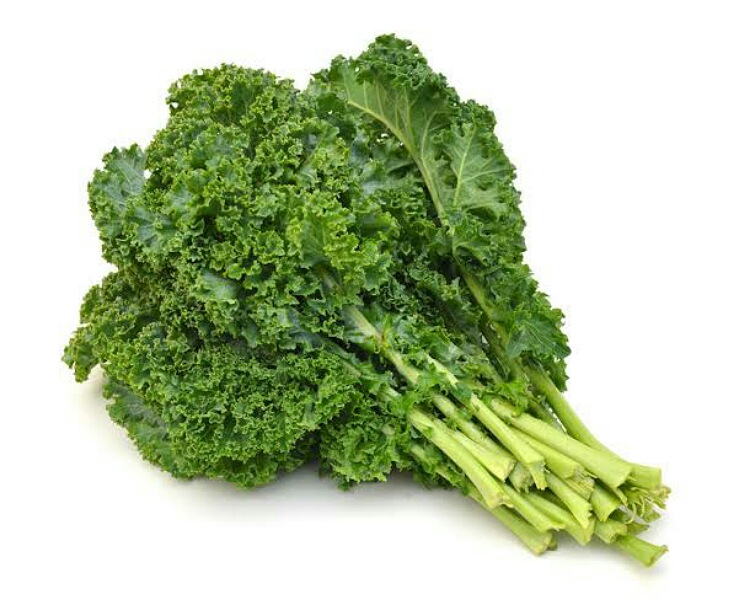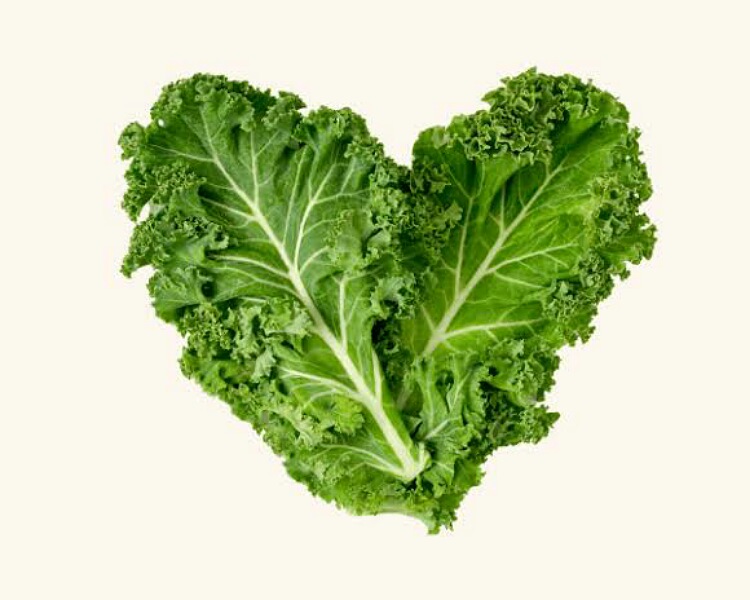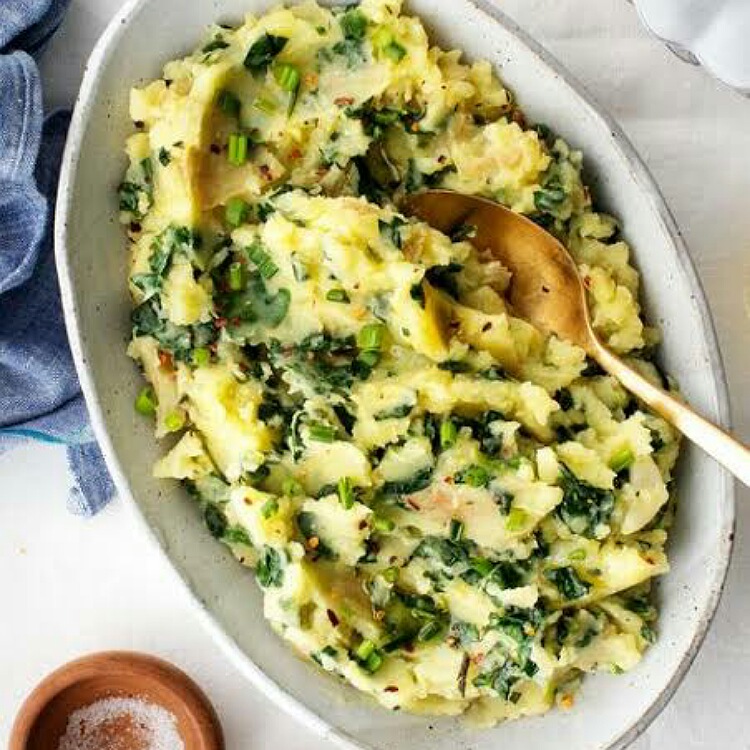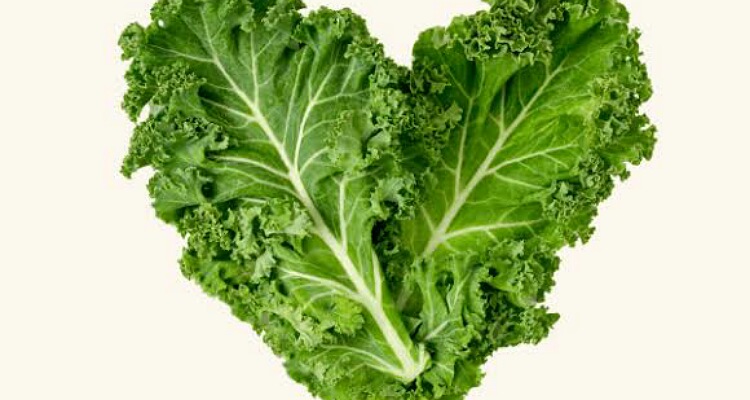Green leafy vegetables are nutritious. They are rich in several nutrients. There are several kinds of edible green leaves.
Some are good for the heart, some work best for the gut and digestion. While some make bones strong. Which is the green leafy vegetable that is good for bone health?
Green leafy vegetables and health
Since time immemorial, humans incorporate green leafy vegetables of several kinds in their daily foods. Edible green leaves have several advantages for the body.
They have fiber in them and this is good to provide a filling sensation. This makes us eat less and hence weight maintenance is possible.
The fiber of the green leaves help bowel movements and prevent constipation, bowel cancer, and prevent high blood sugar spikes. They also lower blood fat levels and protect the heart.

Green leaves are rich sources of vitamins and minerals. They are also a powerhouse of phytochemicals. These are antioxidants of different kinds. And all these antioxidants prevent and repair cell damage.
But all green levels are not equally good for a particular problem. Some are better in weight loss or slimming. While others fare better over others in heart protective action. And there are some green leaves that score over others in enhancing bone strength.
Green leaves and bone health
Out of the lot of edible leaves, the one that is best for bone health is kale or leaf cabbage. Laura Burak, registered dietitian states this about Kale:
“Although us dietitians love all leafy greens, my #1 pick is always going to be kale because not only is it super high in nutrients, but it is readily available in almost any market, has a neutral taste, and is so versatile,”
1 cup of kale can provide 100 mgs of calcium. Thus, it is a good source of calcium. Additionally, kale also has vitamin K. Vitamin K functions to regulate the calcium in the body.
Vitamin K1 in vegetables leads to stronger bones. People deficient in vitamin K have high risk of osteoporosis and fractures with age. 1 cup of kale meets 100% of the recommended daily requirements of vitamin K.

One cup or 20.6 g of kale provides 7.2 calories and 0.3 g of fats only. In this amount, carbs are 0.9 g and fiber 0.8 g. Sodium is 10.9 mg, protein 0.6 g, vitamin A 49.6 mcg, vitamin C 19.2 mg, and potassium 71.7 mg.
Kale, taste, and cooking methods
Kale is nutritious. But the leaves are bitter to taste. They have a strong, earthy flavor. Many find it not palatable enough. So what is the way out?
One can cook recipes that hide the bitter taste. One can trick the taste buds with these recipes. Laura explains further on this. She states:
“There are endless ways to use this calcium-rich veggie,”
Laura adds:
“Throw a handful into a smoothie and you will never taste it. Or, add it to a stir-fry, sauce, soup, or scrambled eggs.”
Also, read Green bananas: uses, health benefits, side effects!

To make a kale salad without feeling its strong taste, Laura advises to mix it with olive oil, lemon juice, salt, and pepper.
